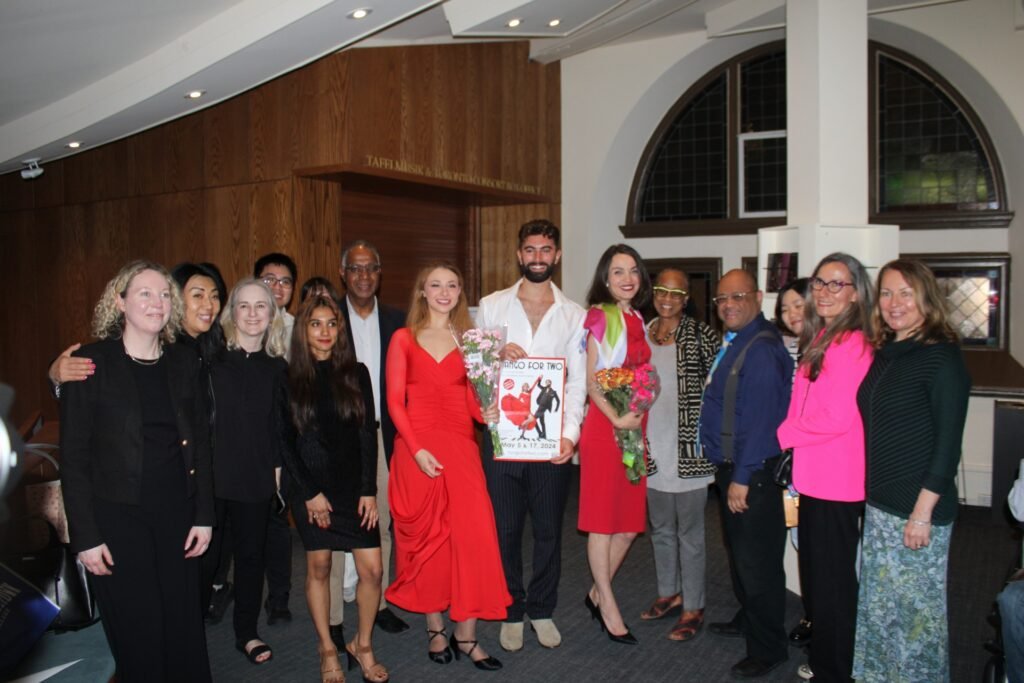When you attend a classical concert (like Tango for Two – for those of you who remember that), it’s easy to get lost in the music—the soaring melodies, the intricate harmonies, the sheer emotion that fills the room. But what you see on stage is just the tip of the iceberg. There’s a whole world behind the scenes that makes each performance possible, and it’s a fascinating journey from the initial idea to the final bow.
The Start of a Classical Concert
It all starts with a concept. Whether it’s a specific theme, a composer’s work, or a unique collaboration, every concert begins with a vision. For us at Overture Social, the goal is always to create something that resonates deeply with the audience, whether it’s through a fresh take on a classic piece or introducing new compositions that push the boundaries of what classical music can be.
Once the concept is in place, the planning process begins in earnest. This involves selecting the repertoire, hiring musicians, booking the venue, and countless other logistical details. Each decision is carefully made to ensure that the concert not only meets artistic standards but also provides an unforgettable experience for the audience. It’s a balancing act of creativity and practicality, where every choice, from the lighting design to the seating arrangement, contributes to the overall atmosphere.
The rehearsal process for a classical concert
Rehearsals are where the magic really starts to take shape. This is the time for musicians to immerse themselves in the music, working together to bring the pieces to life. It’s a process of refining, adjusting, and perfecting every note and phrase until the performance is ready to be shared with the audience. The conductor plays a crucial role here, guiding the musicians and ensuring that the vision for the concert is fully realized.
Behind the scenes, there’s also a dedicated team working tirelessly to make sure everything runs smoothly. From sound engineers to stage managers, these professionals handle the technical aspects that are vital to the success of the concert. They ensure that the acoustics are perfect, the lighting is just right, and that every detail is in place for the performance.

Expect the unexpected…
But even with all the preparation, there’s always an element of unpredictability. Live performances are, by nature, dynamic and ever-changing. It’s this spontaneity that makes each concert unique. No two performances are ever exactly the same, and that’s part of the magic of classical music. The energy in the room, the interaction between the musicians, and the response from the audience all come together to create an experience that can’t be replicated.
For those of us involved in bringing a concert to life, the real reward comes in those moments of connection—when the music moves the audience, when the performers find their groove, and when all the hard work pays off in a performance that resonates with everyone in the room. It’s a reminder of why we do what we do, and why classical music continues to be such a powerful and enduring art form.
So the next time you attend a concert, take a moment to appreciate not just the music, but the incredible effort and passion that goes into making it happen. At Overture Social, we’re committed to bringing you performances that aren’t just events, but experiences that linger long after the final note has been played.
Sign up for our mailing list and join the community!
